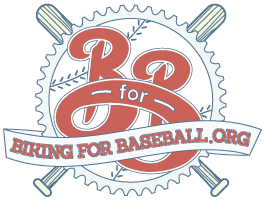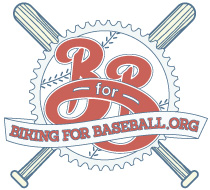Clutchiness
When you think of clutch hitting, you think of a team’s best player always having a knack for driving in runs when the game is on the line. Like David Ortiz always hitting a late inning home run when the Red Sox were winning their two World Series rings several years ago. Or the best player in baseball, Josh Hamilton, driving in runs to give the Rangers a late inning lead. Or David Freese hitting a huge home run and triple in Game 6 of the World Series last year. That was clutch!
The big question is are these players considered clutch, or is their specific performance considered clutch? Technically, every player in baseball has shown a knack for performing under high stress situations on their way to becoming a major league player, so they all can be considered clutch at some point. But over the course of a season or career there is very little evidence to show that a player consistently outperforms his established level of ability in clutch situations. The evidence comes in the form of a statistic called Clutch.

Clutch is a measurement of how much better or worse a player does in high leverage situations then he normally would have performed in a neutral situation. Instead of comparing a player to all other players, Clutch compares the player’s high leverage performance against his own everyday performance. If a player were to consistently have a high clutch number, they would be a clutch performer. However, very few players have the ability to be consistently clutch over the course of their careers, and choking in one season does not mean they will in the future. Clutch does a good job at describing past performance, but does very little towards predicting the future.
Most Clutch scores are neutral, and only a few players are lucky enough (or unlucky enough) to have extreme Clutch scores. So far this season the most “clutch” player is Kirk Nieuwenhuis of the Mets. Bet you never would have guessed he’s the most clutch player this year. He’s followed by Joey Votto, Alex Rios, and Alexei Ramirez. Some of the most surprising names show up on the least clutch list; Josh Reddick in last in the league in Clutch, but he’s followed by Josh Hamilton, Starlin Castro, Freddie Freeman, Jose Bautista all in the bottom 15.
Since 2000, some players have outlying numbers for their Clutch statistic, meaning they could be considered “clutch” over an extended period of time. Juan Pierre, Randy Winn, Bobby Abreu, and Ichiro were the most “clutch” over that time, and Jim Thome, Pudge Rodriguez, Andruw Jones, and Sammy Sosa were least “clutch” over that time. The names on this list should help clarify that having a good Clutch number does not mean you’re a good player, and vice versa. Clutch means you are raising your game in crucial situations, not being a good player. The four names on the least Clutch list are all borderline Hall of Famers who couldn’t consistently improve their game at the most important times because they were all good players already.


